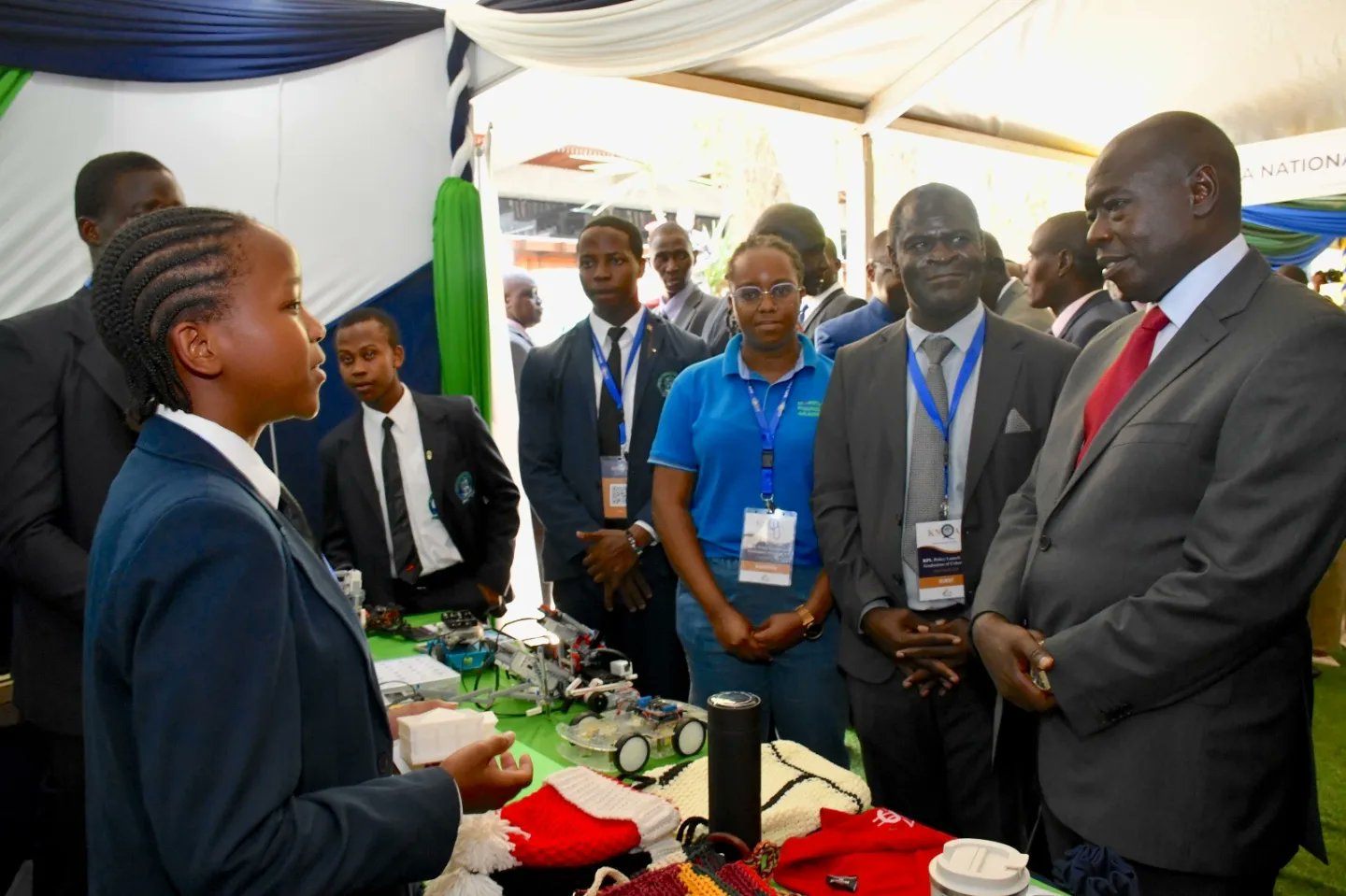Millions of Kenyans in the informal sector who have been denied jobs for lack of certificates will now be formally recognised enabling them to get access to hundreds of lucrative opportunities locally and abroad.
Deputy President Rigathi Gachagua said the Recognition of Prior Learning (RPL) Policy launched on Friday will open the way for the youths and other citizens who possess self-acquired skills but have been overlooked for years for lack certificates to ascertain their abilities.
While launching the Policy at KICC, Nairobi, he said the Government is dignifying the jobs of the Jua Kali artisans who possess top-notch skills through self-training but cannot be formally employed because they lack college certificates.
“This is what the hustler narrative is all about. All these Standard Eight and Form Four people who have skills and competencies and are not recognized by anybody belong to the hustler nation. This is their government, and it is recognising them for who they are, for what they know and for the skills they possess. They must be allowed to take part in the development of this country and fend for themselves and their families,” said the Deputy President.
The DP said the people deserve to play a greater role in national building as those who have formal education, saying the RPL Policy is a gamechanger as it will empower millions locked out of the employment bracket.
“Let us affirm these skills and competencies of our Kenyan people and let us give them an equal chance to participate in national development. What happened today is the best thing that could ever happen to this country,” Gachagua said.
During the launch, the DP also awarded certificates to 900 graduates of the RPL Cohort 1 as he encouraged them to take full advantage of the recognition.
“Today, hardworking, dedicated, focused and qualified Kenyans- who could never have bagged a certificate, will walk home with a promise of a job and a bright future for themselves and their families. In these certificates, we are giving them the key and empowering them access to unlimited opportunities in the formal sector- locally and internationally,” said the Deputy President.
He said the Ruto Administration developed the Policy because it fits well in the Bottom-Up Transformation Agenda (BETA).
“Our decision is informed by the fact that these skilled people acquired competencies through informal and non-formal means, but they have been discriminated against for lack of a paper to prove qualification.
The impact has been severe. They cannot secure formal jobs, and if they do, they have limited latitude to negotiate for higher pay equivalent to the service,” he said.
At the same time, the Deputy President asked for a review of a requirement of a form four certificate to clear one for domestic work abroad.
“If one is good at domestic work, they must be allowed access to these opportunities. It is not a must they must be studied to form four,” asserted the DP.
The Deputy President was accompanied by Cabinet Secretary for Education Ezekiel Machogu, Principal Secretaries Belio Kipsang (Basic Education), Esther Muoria (TVETs), Beatrice Inyangala (Higher Education), Charles Hinga (Housing), Shadrack Mwadime (Labour), Solicitor General Shadrack Mose, Kericho Governor Erick Mutai, Nairobi Deputy Governor Njoroge Muchiri, Jua Kali Federation Chief Executive Officer Richard Muteti, among other leaders.





